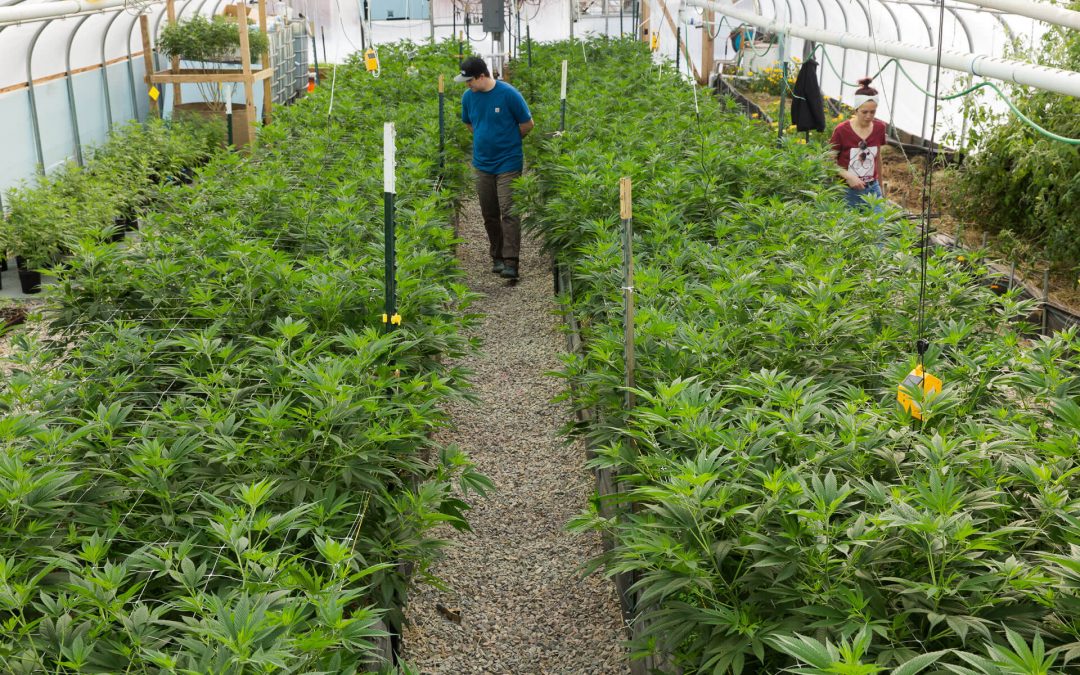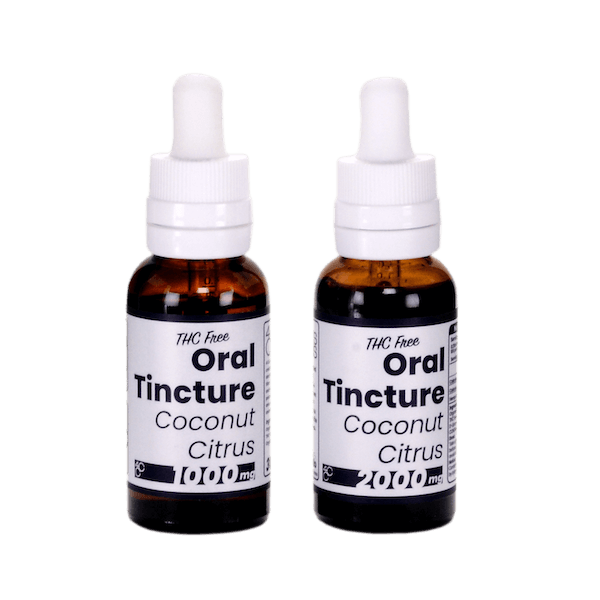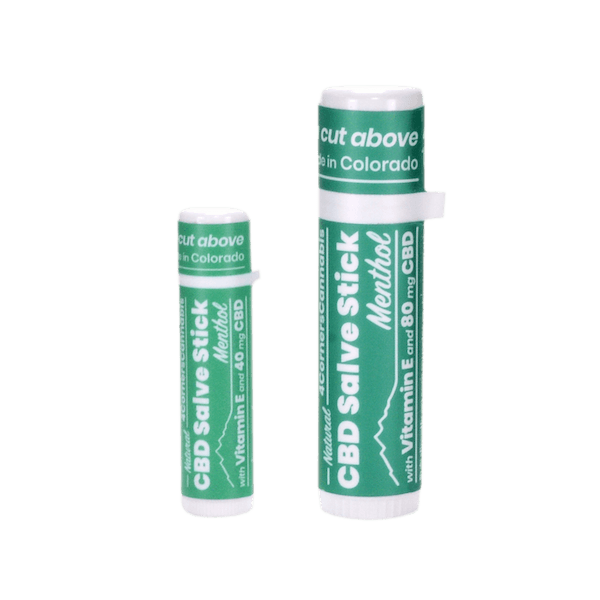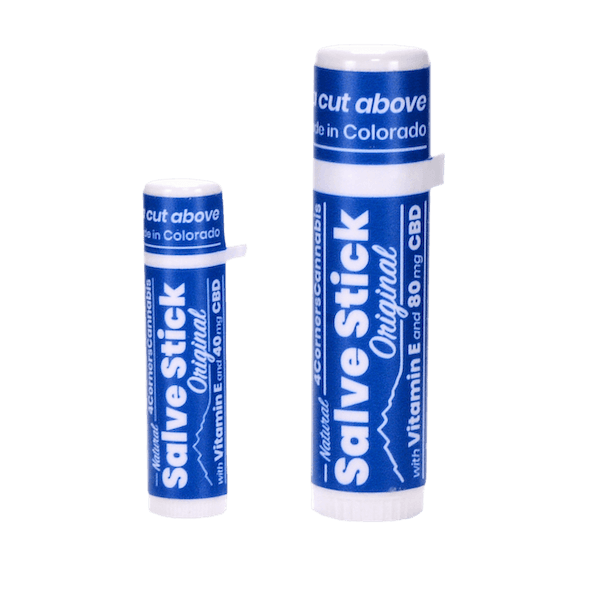As stated in the past, “If you don’t have a seat at the table, you’re probably on the menu.” Well, the federal government plans to pass an IFR (Interim Final Rule) for federal regulations pertaining to hemp. The rules are quite rigid and more than a bit concerning. CHAMP (Colorado Hemp Advancement and Management Plan) plans to do their best to sensibly improve regulations.
For the hemp farmers who “don’t have a seat at the table”, Colorado’s CHAMP program steps up to the plate. They’re advocating on farmers’ behalf to the federal government. Let’s break down some key things that CHAMP wants for the future of the hemp industry.
Sampling Periods and Coverage
The IFR requires every registered hemp lot to be harvested within 15 days of a reported harvest date. For large-scale farmers, that may be doable. For small-scale farmers with limited resources and finances, who do most of the process by hand, this is untenable.
Farmers who like to harvest in phases due to logistical restrictions are also disadvantaged by this rule. When they lack ample space for drying and curing, farmers only harvest some of their crop at a given time. From there, they need at least a week for proper drying before hanging up the next portion of the crop. Essentially, your 15 days run out after drying and curing only those first two portions. What if you have more hemp to harvest, dry, and cure?
CHAMP recommends that hemp farmers are allowed a 30 day window rather than a 15 day window. That framework works well for Colorado (and has since 2014), so it’s likely to work for the nation as a whole.
DEA Lab Certification
The IFR states that all hemp samples must be tested for THC content in a DEA certified lab. Colorado has only one known DEA certified lab, so this would create a severe bottleneck when testing crops. Hemp harvests happen in September and October in Colorado. Because of this narrow spike in demand, the price of testing would inevitably go up. Additionally, by the time farmers get their test results back, their entire crop might be non-compliant THC levels. Crops would also be vulnerable to weather conditions like early frosts. Both scenarios might destroy crops and rob farmers of an entire season.
CHAMP aims to alleviate high testing prices, substantial delays, and crop compliance risk. They suggest that State and Tribal entities should be allowed to design their own programs to certify qualified labs to offer their services to the commercial hemp industry. This allows for an adequate number of labs to support the influx of hemp samples as harvest time approaches.
The Threshold for the Destruction of Hemp Crops
The current IFR mandates the destruction of any hemp crop that exceeds 0.3% THC (or any small margin of error allowed beyond that). Due to genetic variation in hemp, this policy unfairly punishes small-scale farmers who have nothing but good intentions.
CHAMP maintains that an appropriate THC threshold would be around 1.0% THC. Anything above that level indicates suspicion of attempting to grow marijuana rather than hemp.
Furthermore, destroying crops between 0.3% and 1.0% THC wastes perfectly good hemp. Put that hemp to use in an industrial capacity rather than for human consumption or strip the plant of its THC. With modern extraction methods, THC removal is easier than ever. This THC remediation allows non-THC derivatives to be incorporated into consumable products.
CHAMP also contends that THC testing should happen at the manufacturing stage of the hemp supply chain, not the cultivation stage. This puts the onus on manufacturers of consumable hemp products rather than placing all the pressure squarely on farmers. Hemp doesn’t go to market for consumption until it has been processed, so testing in the manufacturing stage seems more intuitive.
Systemic Bias Towards Disadvantaged Producers
Ultimately, the collective policies set forth by the IFR negatively affect small-scale farmers. They also favor large-scale, well-established farming operations.
We encourage small-scale farmers to participate in the hemp industry because it creates more friendly competition to strive for better and better hemp crops while providing variety. If the rights of small-scale farmers aren’t protected, larger corporations will take the reigns. From there, they’ll likely monopolize the hemp industry, providing a homogeneous variety of mediocre hemp at best.
CHAMP wants to protect the best interests of the future of hemp in our country, and the farmers that cultivate it. We’re glad to see this cooperative effort to keep the voice of the small-scale farmer AT the table and IN the conversation.




